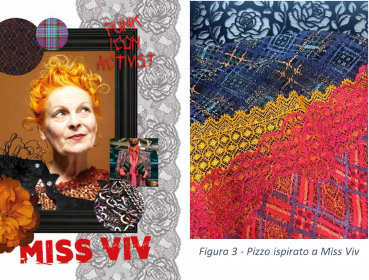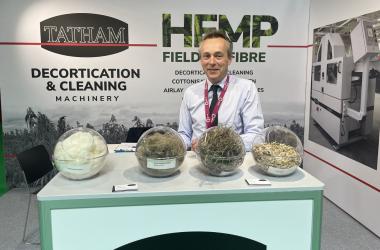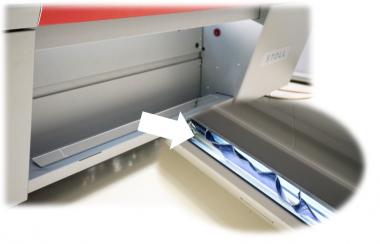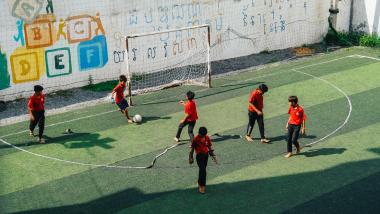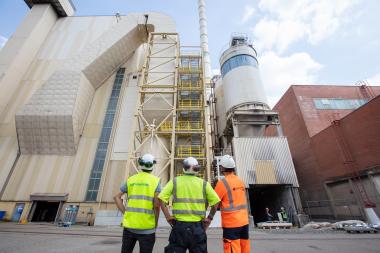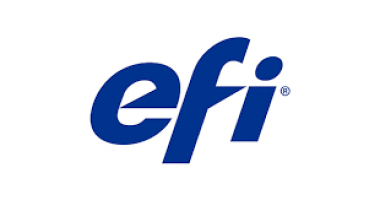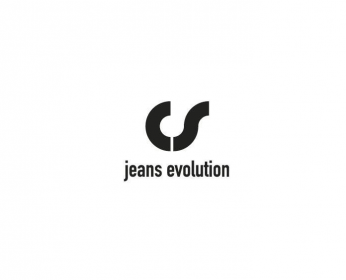Adidas: Official Match Balls of 2023/24 UEFA Champions League and UEFA Women’s Champions League
adidas revealed the Official Match Balls for the 2023/24 UEFA Champions League and the UEFA Women’s Champions League.
Set on a metallic silver background, the men’s iteration of the Official Match Ball integrates a single letter from the instantly recognisable chorus lyric – ‘THE CHAMPIONS’ - onto each of the 12 stars, in an opulent calligraphy style. Visual representations of the musical tones of the song interject the stars, in striking royal purple, red and blue - colours specifically chosen to represent the footballing royalty competing for the coveted UEFA Champions League trophy.
The introduction of a bespoke anthem for the UEFA Women’s Champions League in the 2021/22 season, marked the start of a new dawn for the tournament. In honour of that moment, the new design incorporates the lyrics of the song in two of the ball’s eye-catching star panels – creating a unique circular text pattern in bright orange. The remaining ten stars feature a wavy purple and pink print, curated using the same words from the anthem, but significantly enlarged to create an abstract and attention-grabbing look.
The balls are optimised to cope with the demands of the modern game, incorporating a range of adidas performance technology – including a PRISMA surface texture which offers Europe’s finest players precision on the ball. The outer texture coating, found on all UEFA Champions League and UEFA Women’s Champions League Official Match Balls, offers secure grip and control on the ball while the thermally bonded seamless construction ensures the balls retain optimum shape to deliver ultimate performance on the pitch.












